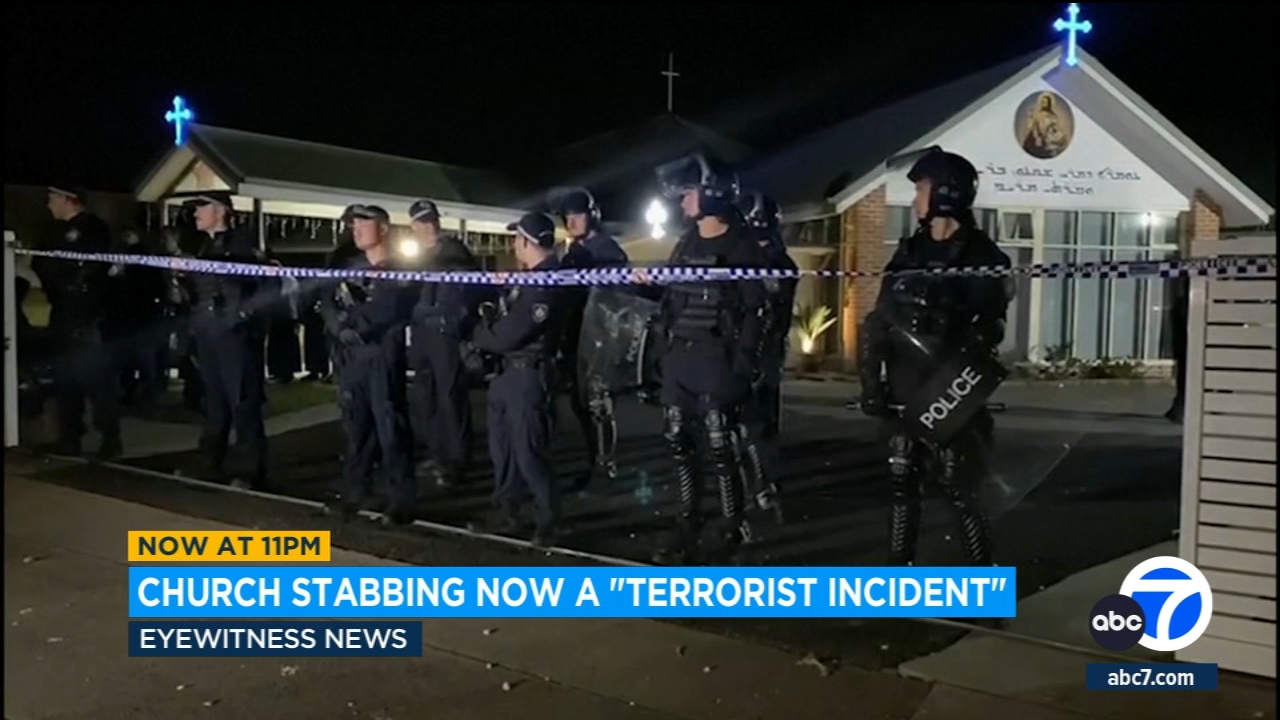LAPD officer on leave after allegedly seen on camera fondling woman's corpse, sources say

LOS ANGELES (KABC) -- A Los Angeles Police Department officer has been placed on leave after body camera footage allegedly caught him fondling a female corpse, sources tell Eyewitness News.
The officer with Central Division had gone with a partner to a death investigation at a home. During the investigation at one point, the officer's partner had left the room.
Sources say the officer turned off the recording on his body camera and then lifted the sheet off the woman's body and allegedly began feeling her nipples and fondling her breasts.
He later turned the body camera recording back on. But the cameras used by the department have a video buffering that saves footage going back for two minutes prior to the recording function being activated.
A detective who was later reviewing bodycam video for the investigation saw the fondling on video and reported him.
The officer was pulled from the field and assigned to home duty after this incident came to light, according to LAPD spokesman Josh Rubenstein.
The union representing LAPD officers called the incident "extremely disturbing."
"If this allegation is true, then the behavior exhibited by this officer is not only wrong, but extremely disturbing, and does not align with the values we, as police officers, hold dear and these values include respect and reverence for the deceased," the Los Angeles Police Protective League said. "This behavior has no place in law enforcement."
The LAPD began deploying body cameras to some 7,000 officers in 2016, calling them a step forward to help maintain public trust in the agency.
Last year, the Police Commission voted on a policy to release bodycam footage to the public within 45 days of critical incidents involving the use of force.
Rubenstein said this particular incident does not fall under the parameters of a critical incident mandating the release of such footage.




